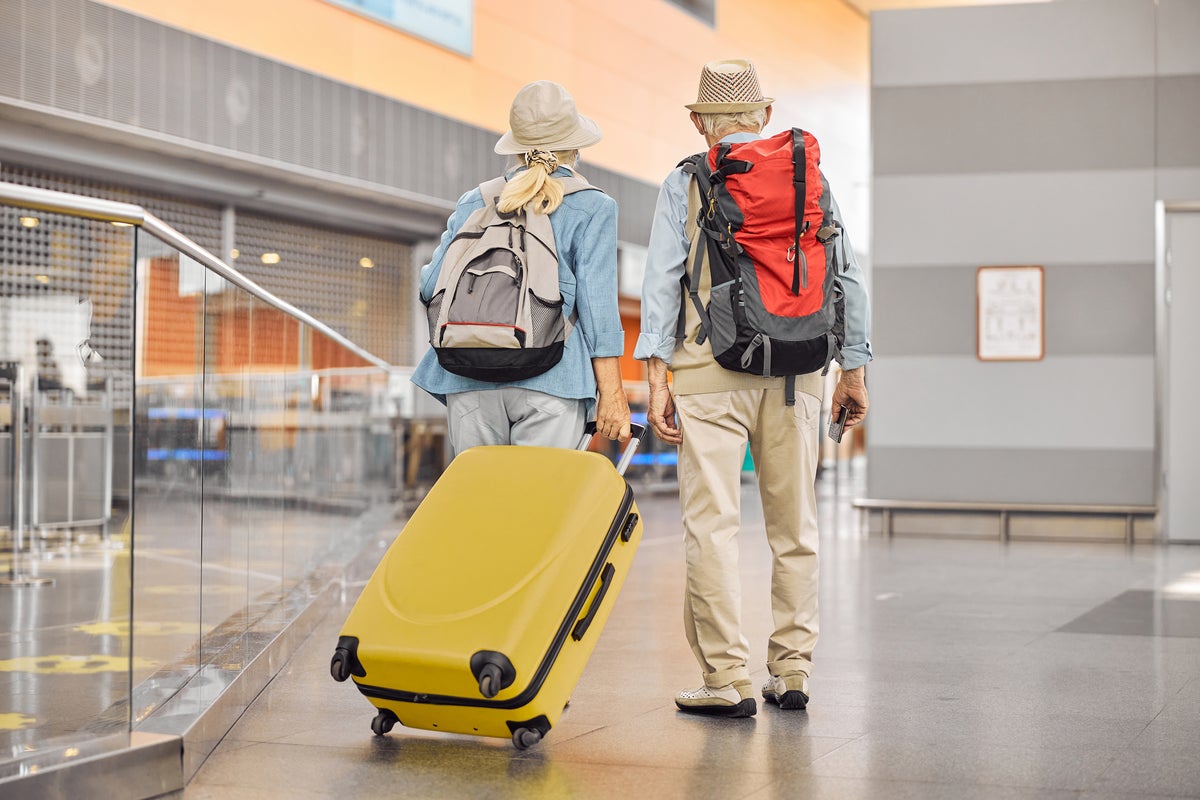Green Travel Guilt? Boomers Shrug Off Eco-Concerns on Vacation Trails

Climate Concerns: How Younger Travelers Are Battling Eco-Anxiety
In an era of increasing environmental awareness, younger generations are experiencing a profound emotional response to travel: eco-anxiety. Unlike previous generations, millennials and Gen Z are deeply troubled by the environmental impact of their wanderlust, wrestling with complex feelings of guilt and responsibility every time they plan a trip.
This emerging phenomenon goes beyond simple environmental consciousness. Young travelers are increasingly scrutinizing their carbon footprint, weighing the joy of exploration against the potential ecological consequences of their journeys. From choosing sustainable transportation options to selecting eco-friendly accommodations, they are reimagining travel as a more responsible and mindful experience.
Social media and global climate discussions have amplified this awareness, making younger travelers more informed and emotionally invested in environmental preservation. They're not just passive observers but active participants in seeking innovative solutions that balance their desire to explore the world with their commitment to protecting it.
The result is a generation of travelers who are more intentional, more conscious, and more determined to create positive change through their travel choices. Eco-anxiety, while challenging, is driving a transformative approach to global exploration that prioritizes sustainability and environmental stewardship.
